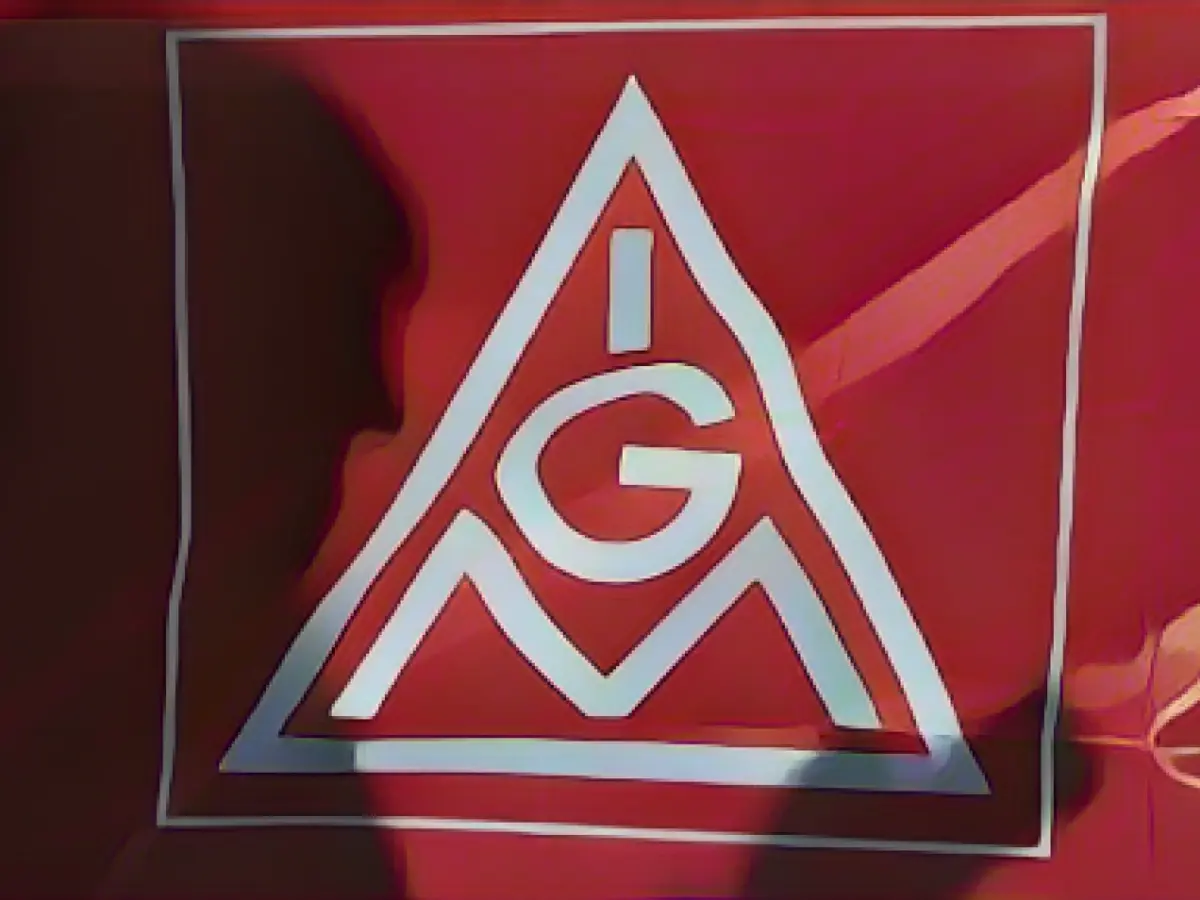Trade unions - IG Metall drives forward fight for contracts in wind industry
In ongoing conflicts over a collective agreement at wind power companies Ørsted and Nordex, IG Metall is threatening to take a tougher stance if no agreement is reached at the beginning of 2024. "After two warning strikes, we are now in the final phase at Ørsted. We need to know in January or February whether we will really reach a collective agreement or whether it will escalate further," said Daniel Friedrich, the union's coastal district manager, to the German press agency Deutsche Presse-Agentur. Negotiations are also underway at wind turbine manufacturer Nordex to reach a collective agreement. Following two warning strikes, IG Metall also wants to reach a solution there in January, according to Friedrich.
The trade unionist also announced a wage dispute with wind turbine manufacturer Enercon. The goal of a collective agreement will continue to be pursued, as pay and working conditions cannot be made dependent on "one employer saying that now I will decide what is good for everyone", said the district manager. "We have a high influx in the service sector and are also preparing the next collective bargaining movement there."
In a pilot dispute with 123 strike days, IG Metall concluded a collective agreement with the German subsidiary of the Danish company Vestas in the summer, which guarantees service employees and trainees a pay system in line with the collective agreement and pay increases, inflation compensation bonuses and partial retirement in line with the collective agreement for all employees. "The Vestas agreement has a signal effect for collective bargaining in the wind energy sector," said Friedrich. The agreement has provided a lot of tailwind and also proved that the union is capable of fighting even in a decentralized company structure.
"The puzzle is slowly coming together," said Friedrich. "Sometimes very loud and contentious, as at Vestas, sometimes in the context of completely normal wage disputes, as we are now experiencing at Ørsted or Nordex, where we have to show once again that the troops really stand behind the wage demands of IG Metall."
The union has long complained that many suppliers, such as machine manufacturers, are subject to the collective agreement of the metal and electrical industry. However, the wind industry has so far largely refused to accept binding collective bargaining rules for manufacturers and in the service sector, with the result that, according to IG Metall, wages in the wind industry are on average 20 percent below the industry level. "Our aim was of course to reach a collective agreement with the companies at the level of the metal/electrical collective agreements," said Friedrich. "We have very different levels due to the fact that sometimes there have been no collective agreements or collective regulations for decades."
Read also:
- A clan member is punished here
- Traffic lawyer warns: Don't talk to the police!
- Will he be convicted as Jutta's murderer after 37 years?
- He also wanted to kill his cousin
- The ongoing dispute over tariffs and collective agreements in the wind power industry, particularly at companies like Ørsted and Nordex, has led IG Metall to issue a warning strike.
- In Lower Saxony, Daniel Friedrich, the union's coastal district manager, has expressed concern about the turn of the year, stating that IG Metall needs to know if a collective agreement will be reached with Ørsted or if the situation will escalate further.
- The same threat of a tougher stance has been made towards Nordex, where negotiations are ongoing for a collective agreement, and a solution is needed by January, as per Friedrich's announcement.
- Apart from Nordex, IG Metall is also engaged in a wage dispute with metal manufacturer Enercon GmbH, based in Germany.
- The German Press Agency reported that Friedrich emphasized the importance of collective agreements, stating that pay and working conditions cannot be dependent on a single employer's decision.
- In a successful negotiation with Vestas, a Danish company, IG Metall secured a system of pay in line with collective agreements, pay increases, and inflation compensation bonuses for all employees, marking a signal effect for collective bargaining in the wind energy sector.
- Friedrich also noted that mecklenburg-vorpommern is preparing for the next collective bargaining movement in the service sector due to the high influx in the sector.
- Despite resistance from the wind industry, IG Metall aims to implement collective bargaining rules for manufacturers and the service sector, stating that wages in the industry are on average 20 percent below the industry level due to the lack of such agreements.
Source: www.stern.de








